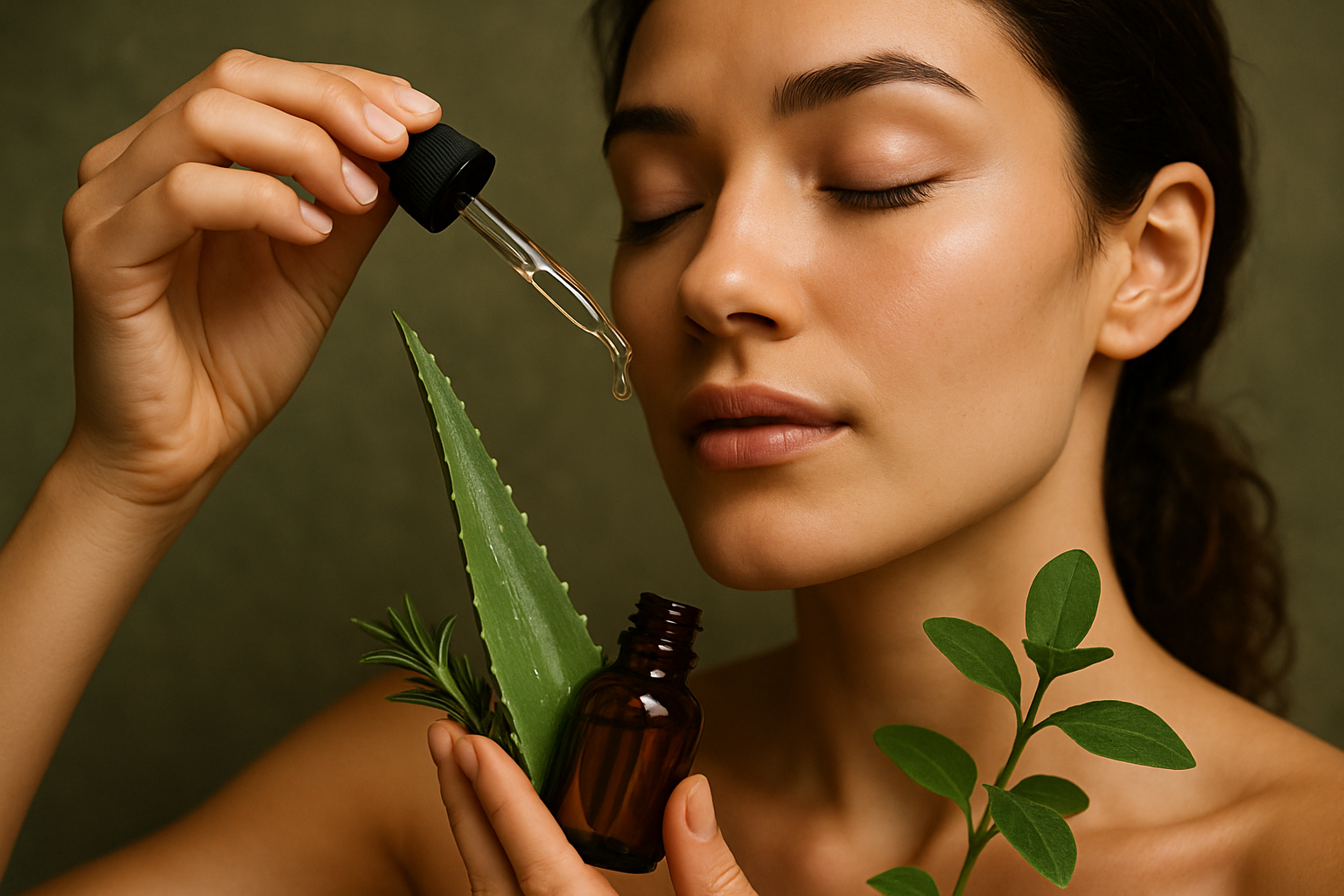The Evolution and Impact of Plant-Based Beauty
The beauty industry has seen a significant shift in recent years, with a growing emphasis on natural, plant-based products. This trend is not just a fad; it's a reflection of a broader societal shift towards sustainability and wellness. This article will delve into the history, current trends, and future implications of plant-based beauty.

The Roots of Plant-Based Beauty
The use of plants in beauty and skincare is not a new concept. In fact, it dates back thousands of years to ancient civilizations. The Egyptians, for instance, used aloe vera to soothe and heal the skin, while the Greeks used honey as a natural moisturizer. However, the industrial revolution and the advent of synthetic chemicals in the 20th century led to a shift away from these natural remedies.
In the last few decades, however, there has been a resurgence of interest in plant-based beauty. This has been driven by a growing awareness of the potential harm caused by synthetic chemicals, as well as a desire for more sustainable and ethical beauty practices.
Current Trends in Plant-Based Beauty
Today, plant-based beauty is a booming industry. According to a report by Grand View Research, the global organic personal care market size was estimated at USD 13.33 billion in 2018 and is expected to grow at a compound annual growth rate (CAGR) of 9.4% from 2019 to 2025.
This growth is being driven by several key trends. Firstly, consumers are becoming more educated about the ingredients in their beauty products and are seeking out natural alternatives. Secondly, there is a growing demand for vegan and cruelty-free products, which often align with plant-based beauty. Finally, there is a growing recognition of the potential benefits of plant-based ingredients, from their antioxidant properties to their ability to support skin health.
The Benefits of Plant-Based Beauty
Plant-based beauty products offer a range of benefits. For one, they are typically free from harsh chemicals that can irritate the skin and cause long-term damage. They are also more sustainable, as they rely on renewable resources and often come in eco-friendly packaging.
Furthermore, many plant-based ingredients have been shown to have potent skincare benefits. For instance, green tea extract is a powerful antioxidant that can protect the skin from environmental damage, while rosehip oil is rich in essential fatty acids that can help to hydrate and soothe the skin.
The Future of Plant-Based Beauty
Looking ahead, the future of plant-based beauty looks bright. As consumers continue to prioritize health, wellness, and sustainability, the demand for natural, plant-based products is only set to grow.
Moreover, advances in technology and research are allowing for the development of increasingly effective plant-based beauty products. For instance, biotechnology is being used to create plant-based alternatives to traditional skincare ingredients, such as retinol and hyaluronic acid.
Conclusion
The rise of plant-based beauty reflects a broader shift towards more conscious consumption. As consumers become more educated and aware, they are seeking out products that align with their values and lifestyle. With its emphasis on natural ingredients, sustainability, and wellness, plant-based beauty is perfectly positioned to meet this demand. As such, it represents not just a trend, but a fundamental shift in the beauty industry.






